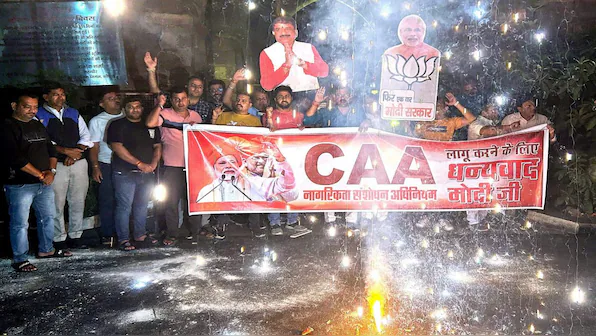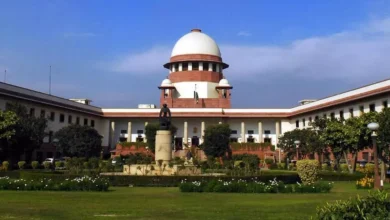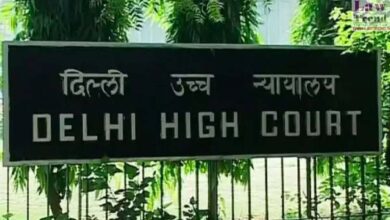Modi govt implements CAA ahead of Lok Sabha elections
Last month, Union Home Minister Amit Shah said that rules for the CAA would be issued before the upcoming Lok Sabha polls

Almost five years after the passing of the Citizenship Amendment Act, 2019, the Narendra Modi-led central government has officially implemented CAA and the Ministry of Home Affairs has released the rules of implementation of the act.
In a post on X, Union Home Minister Amit Shah said, “The Modi government today notified the Citizenship (Amendment) Rules, 2024. These rules will now enable minorities persecuted on religious grounds in Pakistan, Bangladesh and Afghanistan to acquire citizenship in our nation. With this notification PM Narendra Modi Ji has delivered on another commitment and realised the promise of the makers of our constitution to the Hindus, Sikhs, Buddhists, Jains, Parsis and Christians living in those countries.”
Last month, Union Home Minister Amit Shah said that rules for the CAA would be issued before the upcoming Lok Sabha polls and that the process to grant Indian nationality to the beneficiaries would start soon after.
“…Granting Indian citizenship to persecuted minorities of the neighbouring countries was a promise of the Congress, too. When the Partition happened—Hindus, Buddhists, Christians—all wanted to come to India after facing religious persecution there. They (Congress leaders) had promised to give citizenship to these people saying all of you are welcome. But the (Congress) leaders went back on their word,” he said.
“Our Muslim brothers are being misled and instigated (against the CAA). The CAA is only meant to give citizenship to those who came to India after facing religious persecution in Pakistan, Afghanistan and Bangladesh. It is not for snatching anyone’s Indian citizenship,” he added.
The Citizenship Amendment Act which was passed by the Indian parliament in 2019 and assented by the president the same year seeks to give citizenship and its rights to persecuted minorities from Pakistan, Afghanistan and Bangladesh, i.e. Hindus, Sikhs, Christians, Parsis, Jains and Buddhists who escaped from their countries and have been living in India as refugees since before 31st December 2014. Soon after the act was passed, massive protests had erupted across India, fuelled by misinformation and lies, opposing the act.
You might also be interested in – NDA’s next big plan ahead of 2024 Lok Sabha elections: PM Modi’s ‘Viksit Bharat 2047’ vision



